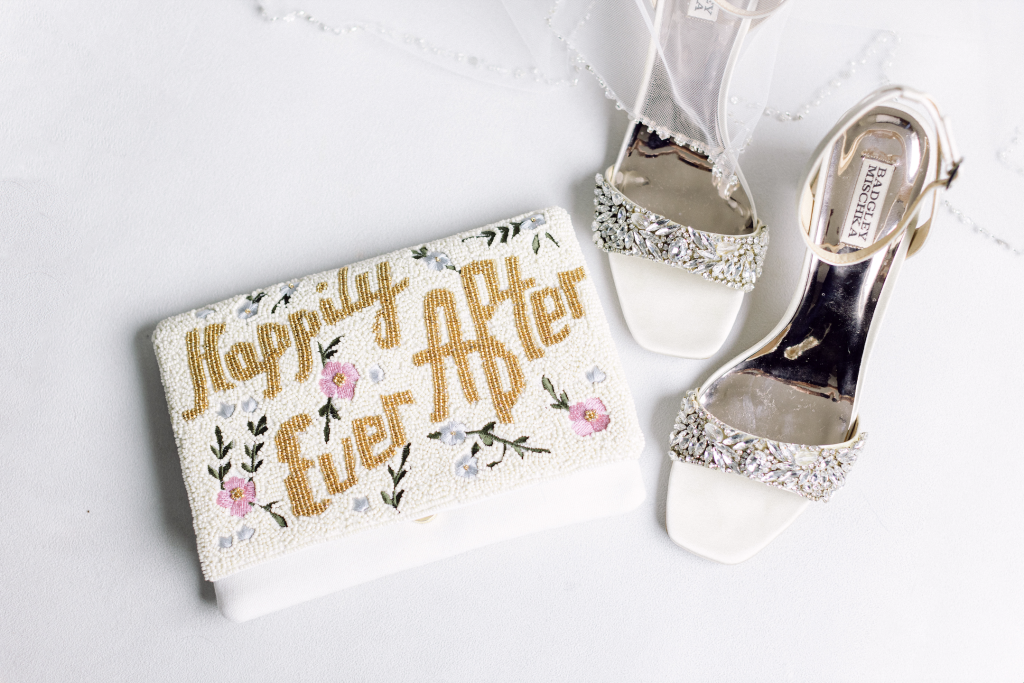How to Navigate a Prenuptial Agreement
WRITTEN BY Michael J. Calabrese, Principal of Calabrese Associates, P.C.
It’s not glamorous to talk about, but couples engaged to be married often consider whether to have a prenuptial agreement or, less frequently, a postnuptial agreement. Breaking down certain provisions of Illinois law can be helpful in making this decision with your partner.
REASONS TO CONSIDER MARITAL AGREEMENTS
Engaged couples may choose not to create a prenuptial agreement for several reasons. They may feel that such an agreement detracts from their commitment. Or they may believe they do not have sufficient assets to justify the time and expense required to create such a contract. While prenuptial and postnuptial agreements are commonly thought of as unromantic and strictly self-protective tools, they have a number of pragmatic legal uses. A majority of spouses could benefit from having a strong prenuptial or postnuptial agreement in place in some way, if only for peace of mind. Getting a prenuptial agreement does not mean that you are preparing for divorce — far from it! Couples who are able to successfully negotiate a prenuptial agreement show excellent communication and compromise skills, which are both indicative of a strong relationship.
Conversely, the benefits of a similar contract – the postnuptial agreement – may become clear. Similar to a prenuptial agreement, a postnuptial agreement can contain similar stipulations, the difference is that this agreement is filed after the marriage is official, rather than before. Creating a “postnup” does not mean you plan to get divorced; rather, it allows spouses to protect each other if a divorce does happen.
Having a prenuptial agreement in place can be extremely helpful in the event that you do get divorced, but the reasons you need one are not limited to divorce. Reasons you might want a prenuptial agreement include:
- Financial clarity – During the process of negotiating a prenuptial agreement, both of your complete financial situations will come to light. This can help you enter your marriage with full knowledge of each other’s finances.
- Pre-marriage financial planning – Too few couples consider how expenses will be shared and how future assets will be acquired and held. Having a prenuptial agreement in place can assist in this process.
- Protecting children – Especially if either partner has children from a previous marriage or relationship, a prenuptial agreement can be useful for estate planning purposes. Family heirlooms or property can be identified as one spouse’s separate property, so if one partner passes away, you can be more sure that family property passes to the deceased spouse’s children.
- During marriage – Some couples use their prenuptial agreements to solidify agreements related to the marriage. This could involve just about anything that is not otherwise illegal.
- Estate plan – The terms of a prenuptial agreement can require one or both spouses to create an estate plan like a will or trust that leaves certain property to the other spouse.
- Lower risk – Prenuptial agreements will not be enforced if they are grossly unfair, or less commonly, if one spouse was coerced. Thus, you do not need to worry that you will be left with no way to support yourself if the agreement causes a financial hardship due to circumstances that were unforeseeable at the time of its entry.
- Ease of divorce – Of course, if you do divorce, it will be a much easier process if you have a prenuptial agreement, as many of the issues have been decided in the prenup.
PRENUPTIAL AGREEMENT SAFEGUARDS
Now that we have discussed some of the purposes of a prenuptial agreement, we should talk about how to make sure it is enforceable. To be sure your prenuptial agreement is valid and its terms will be enforceable in the event of a divorce, there are a few things you and your future spouse must do. First, it is important that you each provide a full disclosure of all financial information, including income, assets and debts. You must also allow a reasonable amount of time before the wedding for each of you to consider the agreement and to enter into it voluntarily. Thrusting an agreement in front of a future spouse just hours or days before the wedding without prior discussion could be viewed as coercion. Lastly, each party should retain separate attorneys to ensure each receives adequate legal advice throughout the process.
HOW SHOULD I ASK MY FIANCÉ TO ENTER A PRENUPTIAL AGREEMENT?
Asking your fiancé for a “prenup” can be uncomfortable. If you ask in the wrong way, you risk damaging your relationship and possibly endangering your marriage. To avoid a negative reaction, you should discuss getting a prenuptial agreement in a way that allows your fiancé to feel comfortable and in control of the process.
Start the Conversation Early
Broach the subject before you get engaged, letting your partner know that a prenup is something you are considering. That way, your fiancé shouldn’t be caught off guard when it comes up later. Ideally, you want to negotiate and complete the agreement months before your wedding. There are several reasons why a last-minute prenup is not advised:
- Your fiancé may feel pressured if you ask for a prenuptial agreement only a few weeks before the wedding.
- A divorce court may later find your agreement to be invalid if your spouse claims they signed it under duress.
- Your fiancé needs time to consider your request and find their own legal representation.
- The weeks leading up to a wedding are already hectic and stressful without adding the need to negotiate a prenuptial agreement.
Make It a Collaborative Effort
Though you may have a greater interest in creating a prenuptial agreement, your fiancé needs to feel like an equal partner in the process. This starts with being honest about why you want a prenup and explaining how the agreement could benefit you both. Encourage your fiancé to hire their own family law attorney to make sure someone is representing them throughout the process. Conduct the negotiations in a way that gives your fiancé an equal voice in deciding on terms of the agreement. Creating a prenuptial agreement together can be practice for how you will collaborate when you are married.
In conclusion, prenuptial and postnuptial agreements can be effective tools in spelling out marital relationship parameters and promoting a harmonious relationship. It is always a good idea to address these issues early, and frankly, with full disclosure of all relevant information. Doing so can help ensure a happily ever after.
About the Author

Michael J. Calabrese is an attorney for his own firm, Calabrese Associates, P.C., who has focused exclusively on the practice of family law since 1994. His years of experience and dedication to cost-conscious representation of clients are just some of the reasons he has built such a successful practice. At Calabrese Associates, P.C. he and his team are dedicated to offering caring and personalized legal services for people dealing with difficult family challenges.
Calabrese Associates, P.C. | dupagefamilylaw.com
Interested in learning about more legal requirements for your marriage? Check out How to Get a Marriage License in Illinois.




